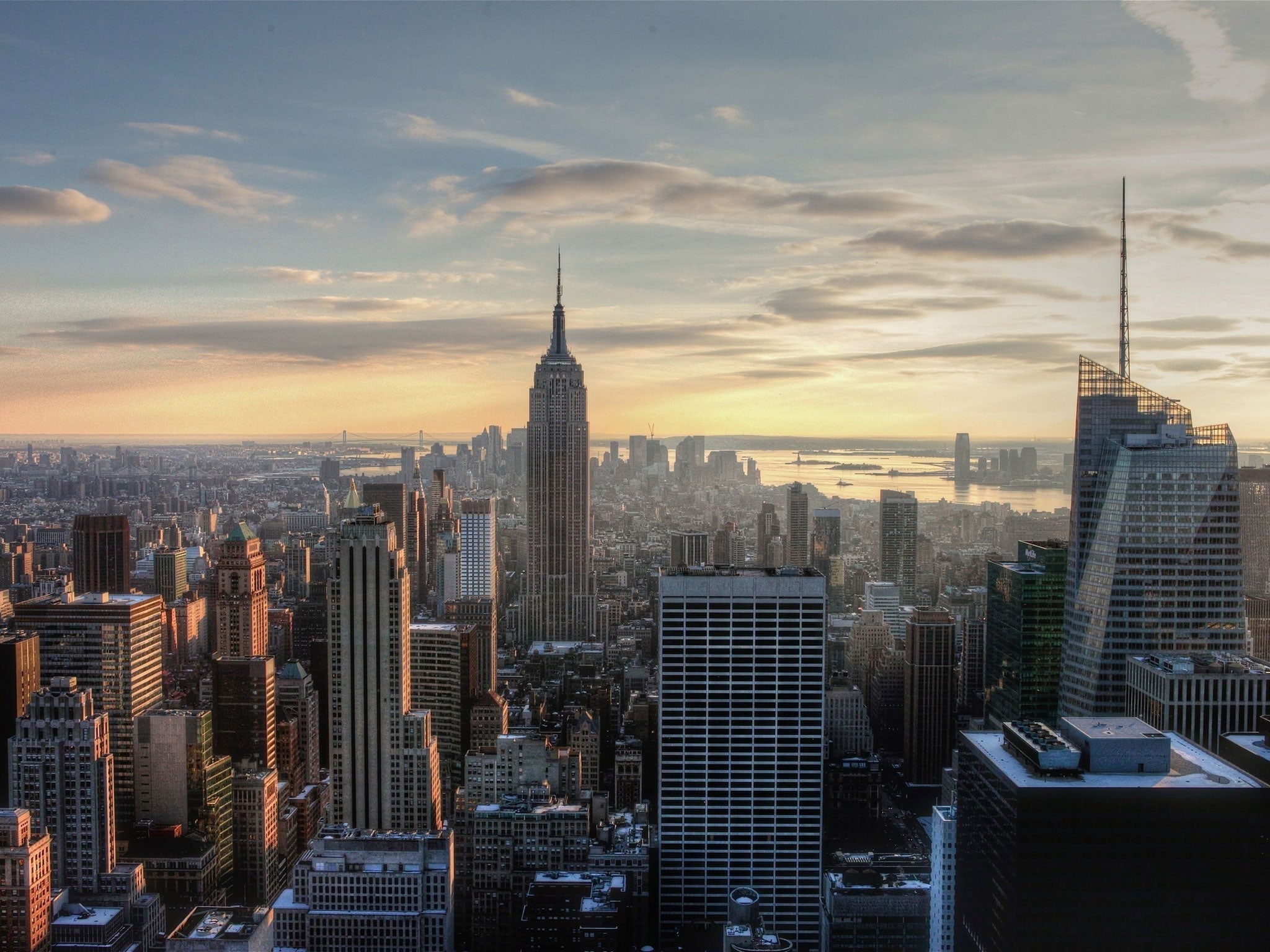The world's richest 1 per cent emits 175 times as much carbon as the poorest, study finds
The new research comes after an agreement about how much responsibility developed countries have for climate change

Your support helps us to tell the story
From reproductive rights to climate change to Big Tech, The Independent is on the ground when the story is developing. Whether it's investigating the financials of Elon Musk's pro-Trump PAC or producing our latest documentary, 'The A Word', which shines a light on the American women fighting for reproductive rights, we know how important it is to parse out the facts from the messaging.
At such a critical moment in US history, we need reporters on the ground. Your donation allows us to keep sending journalists to speak to both sides of the story.
The Independent is trusted by Americans across the entire political spectrum. And unlike many other quality news outlets, we choose not to lock Americans out of our reporting and analysis with paywalls. We believe quality journalism should be available to everyone, paid for by those who can afford it.
Your support makes all the difference.Someone from the richest 1 per cent of the global population contributes 175 times as much to climate change as someone in the poorest 10 per cent of the population, according to a new report.
The study, “Extreme Carbon Inequality”, drawn up by Oxfam, says the idea that developing countries emit more carbon is a “myth” and rich countries should be leading the way on climate change.
The research, which has been endorsed by “rock-star” economist Thomas Piketty and other academics, in particular points the finger at Americans as the biggest emitters of carbon.
It notes, for instance, that the richest 10 per cent of the US population emits three times as much carbon as the 600 million poorest Chinese.
Late last year the 2015 United Nations Climate Change Conference – known as the Paris talks – reached a landmark agreement to curb climate change.
The talks were characterised by disagreement between developing and developed countries on how much each party should be responsible for limiting emissions and paying for damage.
Developing countries argued that rich countries had already contributed to climate change. Developed countries meanwhile said they had already spent money on environmental measures and developed new technologies.
US negotiators also said they would not be able to get a deal that was harsh on America through a Republican-controlled Congress.
Ultimately it was provisionally agreed that the world’s richest nations would help the poorest transition to low carbon economies. Compensation and liability for loss and damage caused by climate change was not agreed, however – though the principle that climate change could cause loss and damage was.
The International Renewable Energy Agency said at the weekend that a rapid switch to renewable energy would be required to reach the goals of the agreement.
The richest 1 per cent of the world’s population is anyone with roughly more than £23,000 income a year.
Tim Gore, Oxfam’s head of food and climate policy, said the recently concluded Paris talks should mark the start of new low-carbon economy.
“Climate change and economic inequality are inextricably linked and together pose one of the greatest challenges of the 21st century,” he said.
“Paris must be the start of building a more human economy for all – not just for the ‘haves,’ the richest and highest emitters, but also the ‘have-nots,’ the poorest people who are the least responsible for and most vulnerable to climate change.”
A November 2015 report by the World Bank found that climate change would push 100 million more people into poverty by 2030 on account of droughts and floods – if urgent action was not taken.
At the release of that report, John Roome, senior director for climate change at the World Bank Group, said the cost of eradicating poverty would increase as the impact of climate change became more pronounced.
Subscribe to Independent Premium to bookmark this article
Want to bookmark your favourite articles and stories to read or reference later? Start your Independent Premium subscription today.
Join our commenting forum
Join thought-provoking conversations, follow other Independent readers and see their replies
Comments